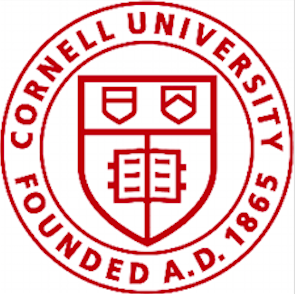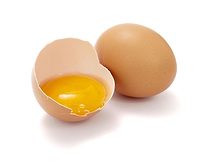Food scientists at Cornell University have discovered that some Salmonella serotypes can have a lasting, negative effect on one’s DNA.
While there’s over 2,500 serotypes of Salmonella, fewer than 100 actually cause the majority of foodborne illnesses.
Miller and Martin Wiedmann, the Gellert Family Professor in Food Safety, examined multiple serotypes of Salmonella that encode for cytolethal distending toxin, or S-CDT, a virulence component for serotype Typhi – the cause of typhoid fever. As it happens, the Salmonella serotypes called Javiana, Montevideo, Oranienburg and Mississippi – common culprits in the foodborne illness world – also carry the genetic material that encodes S-CDT, the researchers found.
In human cells grown in the lab, Salmonella strains with S-CDT were also found to lead to hallmark signatures that indicate the presence of DNA damage. The ability to cause DNA damage may contribute to long-term disease consequences, Miller said.
Cornell experts have likened DNA damage from a Salmonella illness to the lack of sunscreen use:
“We apply sunscreen to keep the sun from damaging our skin. If you don’t apply sunscreen, you can get a sunburn – and possibly develop skin problems later in life. While not the sun, Salmonella bacteria may work in a similar way. The more you expose your body’s cells to DNA damage, the more DNA damage that needs to be repaired, and there may one day be a chance that the DNA damage is not correctly repaired. We don’t really know right now the true permanent damage from these Salmonella infections.”
“A person’s damaged DNA from Salmonella could lead to long-term health consequences after the infection subsides, such as longer bouts with foodborne illness,” says Martin Wiedmann.
According to the U.S. Centers for Disease Control and Prevention, Salmonella causes about 1.2 million nontyphoidal Salmonella illnesses and about 450 deaths annually.
Cornell’s research, entitled “The Cytolethal Distending Toxin Produced by Nontyphoidal Salmonella Serotypes Javiana, Montevideo, Oranienburg, and Mississippi Induces DNA Damage in a Manner Similar to That of Serotype Typhi,” has been published in the journal mBio (November/December 2016), a publication by the American Society of Microbiology. The U.S. Department of Agriculture provided funding.
Sign up for Food Safety Magazine’s bi-weekly emails!



